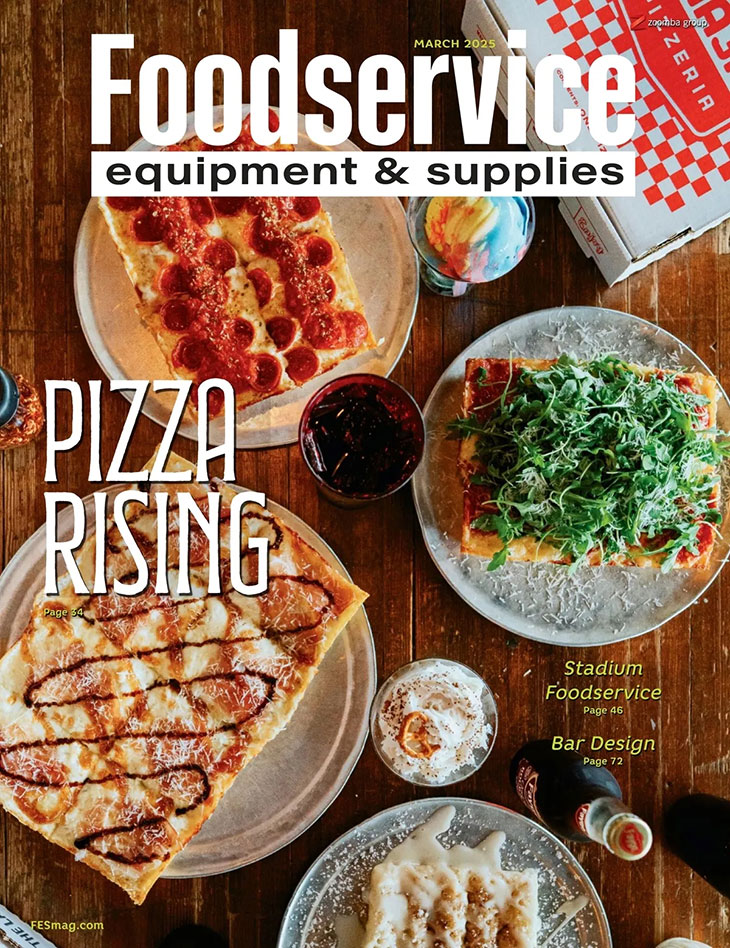Though parts of the country have experienced record-setting heat this summer, winter is coming. The time to start preparations for the colder months is here.
Some steps are as simple as a flick of a switch, says John Schwindt, vice president of operations and general manager of Hawkins Commercial Appliance Service in Englewood, Colo. Specifically, turn on the switch for heating a hood’s makeup air, which is a common feature in colder parts of the country.
“A lot of places have to turn [the makeup air heating] off in the summer but forget to turn it back on in the fall. If we get an early freeze, I have seen water lines to steamers freeze up and even the top of steamers freeze,” he says.
Not everything is as simple as just turning on the heat, though. Operators should check several pieces of equipment and prep these units for the colder months. The best way to do this is through planned maintenance agreements, says Brad Egan, market operator for the Macon, Ga.-branch of SAM Service.
The hood itself is a key piece to check, Egan says. Even if the make-up air heat is on, operators should have a service agent check the system’s balance of outgoing and make-up air.
Something as simple as a loose belt can throw this system out of whack, says Egan. This can impact energy usage and the customer experience. What’s more, if an operation has a fireplace, poor load balancing, Egan says, can “pull smoke into the dining room. That’s definitely not a good experience for the customers.”
Many of the units that need planned maintenance heading into the winter sit outside, adds Egan. Clear rooftop condensing units of debris, especially after the leaves fall off the trees. At the same time, blow clean the drain lines on these units.
Freezing represents another concern for outdoor equipment. Winterize outdoor mop sinks to prevent burst pipes. If an outdoor walk-in refrigerator or freezer has door frame heaters, check to ensure they function properly. This feature can stop the buildup of gasket-harming ice on door frames and allow doors to shut properly.
Grease traps represent another piece of infrastructure that operators should check and clean heading into the winter months, Egan says. The alternative can be messy. “If you have an older restaurant, depending on how the grease trap is set up, it can sit kind of level with the drain system. If that grease hardens once it gets cold, your drains can back up into the restaurant. That’s not a fun thing to deal with.”
Egan, who spent more than 20 years as an operator, recommends some additional steps ahead of the winter months. Planned maintenance should apply not just to kitchen equipment, but also to HVAC systems. Key elements in a furnace can go bad when it is hot out, so those should be checked before the temperature turns.
Egan also recommends operators fire up their heating system when guests are not around. These systems create a burning smell when they’re first started, so getting that out of the way can prevent situations with customers worrying about a fire.
With much of the country still flirting with triple-digit temperatures, it may not seem like the time to prepare for the cold. But having equipment checked for issues now, before they need to withstand freezing temperatures, can save operators headaches and money in just a few months’ time.



